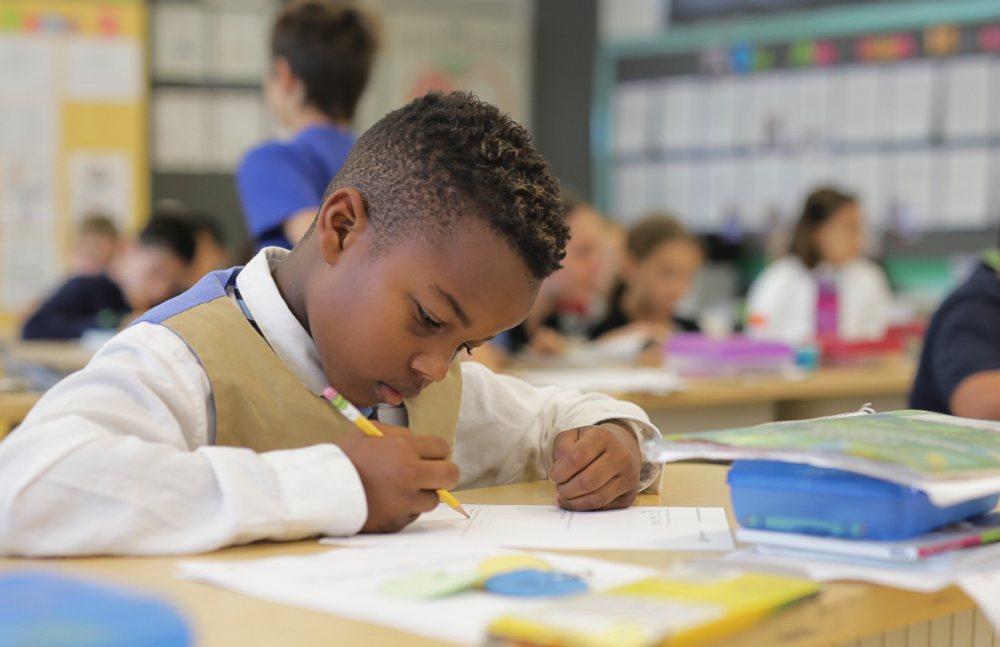
Loyola Marymount University’s School of Education has received a $200,000 grant to develop a new STEM-based kindergarten curriculum in partnership with the California Science Center and Auburn University.
The national education network 100Kin10, which is dedicated to training and retaining 100,000 teachers over 10 years in science, technology, engineering and math, selected LMU and its partners as one of 10 recipients of an Early Childhood STEM Learning Challenge grant. The network has awarded more than $2.4 million to programs supporting active STEM learning environments for young students nationwide.
LMU’s team will develop its project – Kindergarten Saves the World! – as a set of STEM teaching kits for kindergarten classrooms that encourage students to develop design-based solutions to compelling science problems.
“We are thrilled to partner with Auburn University and the California Science Center, two truly amazing learning organizations, to make kindergarten the launching pad for science and engineering learning,” said Philip Molebash, associate professor and director of the Center for Math and Science Teaching at LMU’s School of Education.
The Early Childhood STEM Learning Challenge is part of 100Kin10’s commitment to encourage the use of design thinking and solutions from outside fields to solve complex problems in STEM education. In addition to providing financial support to ‘beta test’ Kindergarten Saves the World!, the grant enables LMU and its partners to engage in an ongoing learning community using the latest research in improvement sciences, and receive support from the 100Kin10 Research and Innovation Team.
“To better prepare all students to solve the world’s most pressing problems,” said Talia Milgrom-Elcott, executive director of 100Kin10, “we need to help teachers deliver STEM content in active ways that support their students’ creative use of this knowledge. Increasing active learning – which engages students in thinking, questioning, and problem solving grounded in real-world problems – for our youngest learners is a key part of improving STEM education and building a robust and diverse pipeline of STEM talent for the future.”



